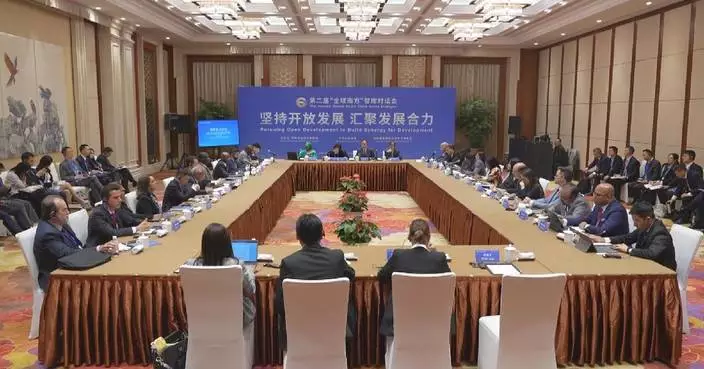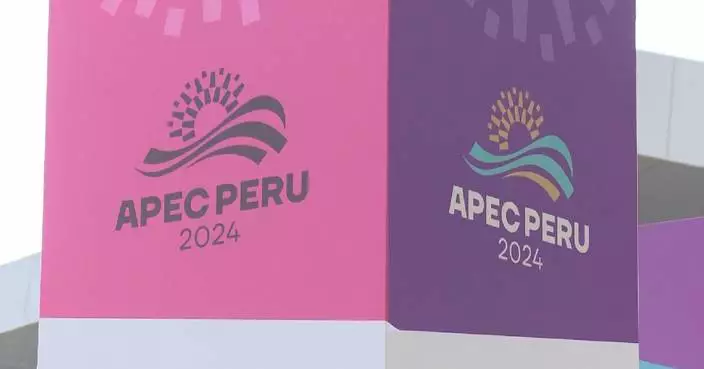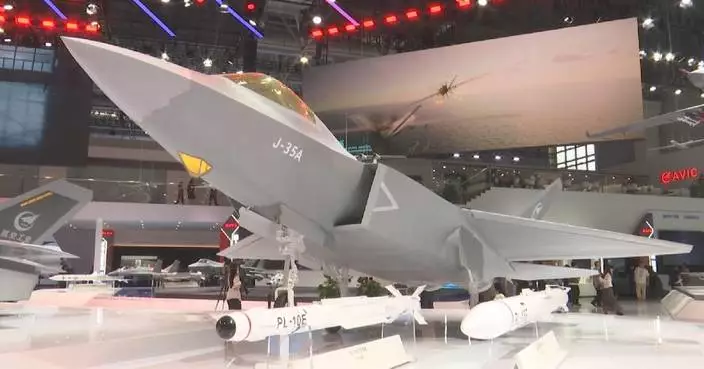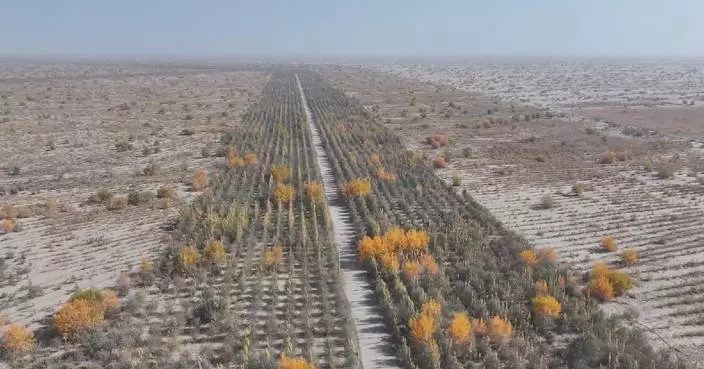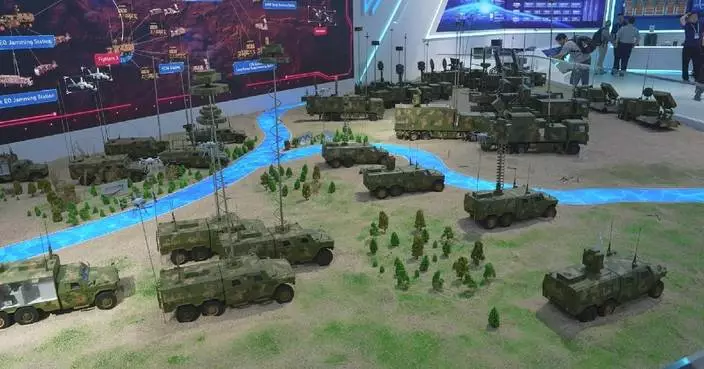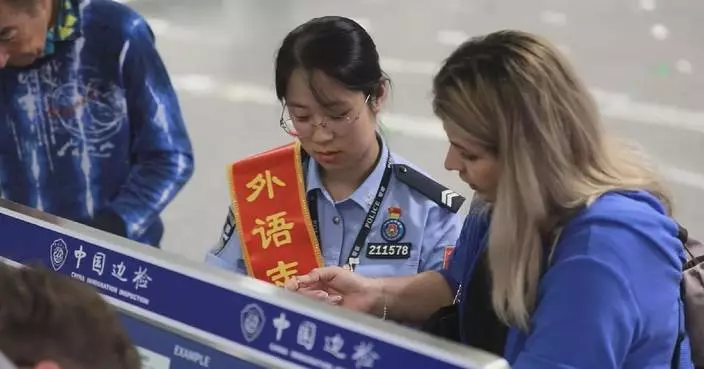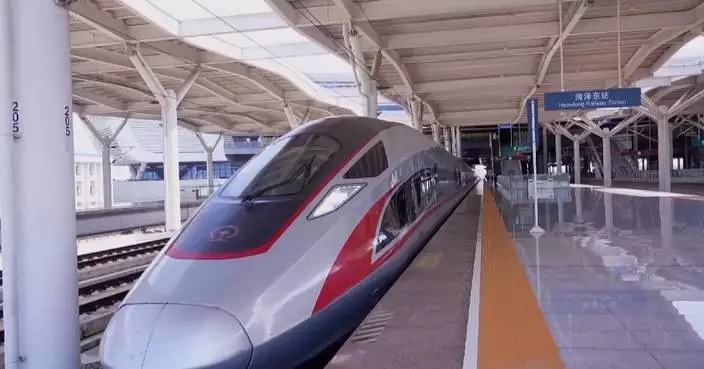Hamas Politburo Chief Ismail Haniyeh and one of his bodyguards have been assassinated in the Iranian capital of Tehran, Iran's Islamic Revolution Guards Corps (IRGC) confirmed on Wednesday.
Haniyeh and his bodyguard were killed early Wednesday when their residence in Tehran was hit, according to a statement published on the IRGC's official news outlet Sepah News.
The statement said the attack was under investigation and the results would be announced later.
The Islamic Hamas movement confirmed the death of its leader, saying Haniyeh was assassinated by an Israeli attack in Iran.
In a press statement, Hamas said that it "mourns to the Palestinian people, the Arab and Islamic nation, and the free people of the world," after their leader Ismail Haniyeh was killed in an Israeli raid on his residence in Tehran.
Iran's Supreme Leader Ali Khamenei issued a statement to offer his condolences on the assassination of Haniyeh. He said to the Palestinian people and the resistance that the Israeli regime assassinated Iran's guest in the territory of Iran, which will bring revenge for itself.
Tehran considered the revenge its duty, as Haniyeh was assassinated in Iran, he added.
Iranian President Masoud Pezeshkian on Wednesday also released a statement on his social media account in response to the assassination.
Pezeshkian said that the assassination on Haniyeh has made the ties between Iran and Palestine stronger than ever, and that the path of resistance and defense of the oppressed Palestinian people will continue and will be more determined than ever before.
He stressed that Iran will defend its territorial integrity and national honor and will make Israel regret its cowardly actions.
Iranian Foreign Ministry Spokesman Nasser Kanaani said on Wednesday the "martyrdom" of Hamas Politburo Chief Ismail Haniyeh in Tehran will strengthen Iran's "deep and unbreakable" bond with Palestine and the resistance.
He made the remarks in a statement released by the Iranian Foreign Ministry while extending condolences to Hamas as well as the Palestinian people and resistance groups over Haniyeh's death earlier in the day.
Kanaani said investigations into the incident's dimensions and details were being continued by Iran's relevant entities and authorities, stressing that the "blood of this indefatigable fighter," who spent his life working towards the liberation of Palestinians from Israelis, "will never be wasted."
The IRGC said in another statement that Iran and the resistance forces will make a harsh and extensive response to the assassination.
Haniyeh was in Tehran to attend the swearing-in ceremony of Iranian President Masoud Pezeshkian on Tuesday.
He was also expected to discuss with the Iranian president the political and field developments related to the Palestine-Israel conflict in the Gaza Strip, according to a source close to Hamas.
The Israeli army has made no comment on the issue yet.
Since Oct. 7 last year, Israel has been launching a large-scale strike on Hamas.
According to Gaza health authorities, the Israeli offensive has led to the killing of over 39,400 Palestinians in the enclave, while the U.N. estimated that nearly 2 million people there have been displaced.
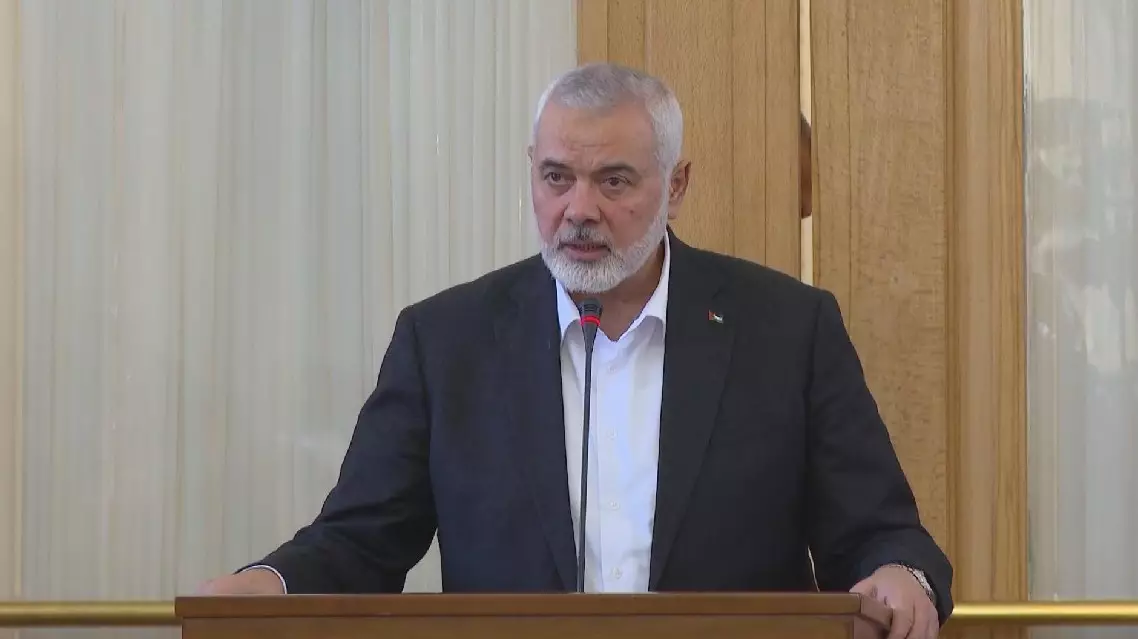
Iran confirms Hamas leader's assassination in Tehran
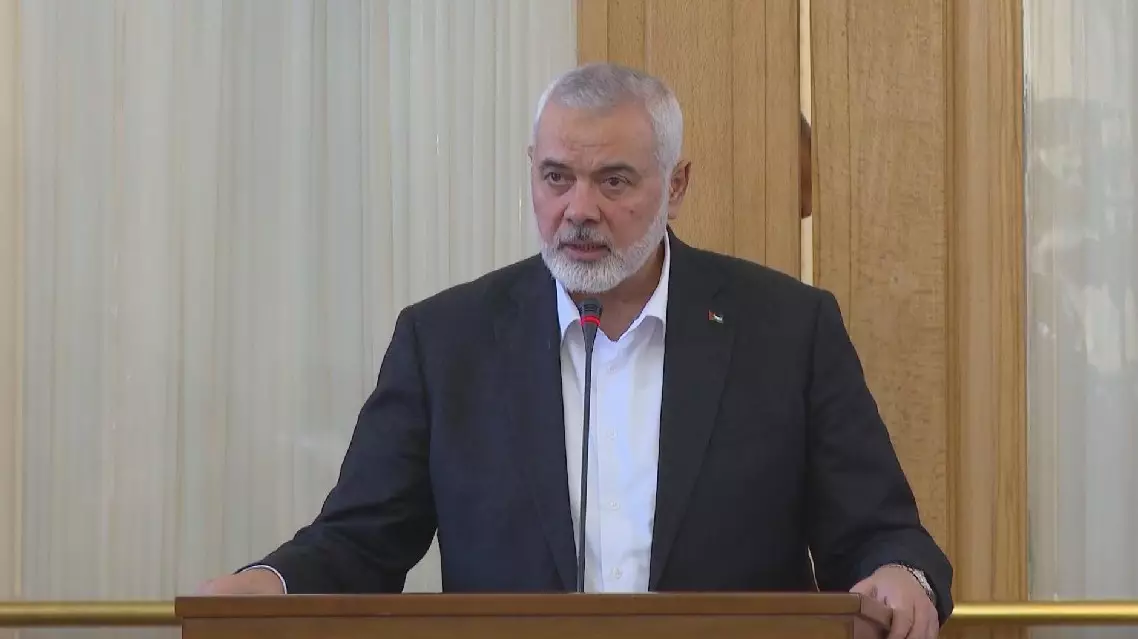
Iran confirms Hamas leader's assassination in Tehran
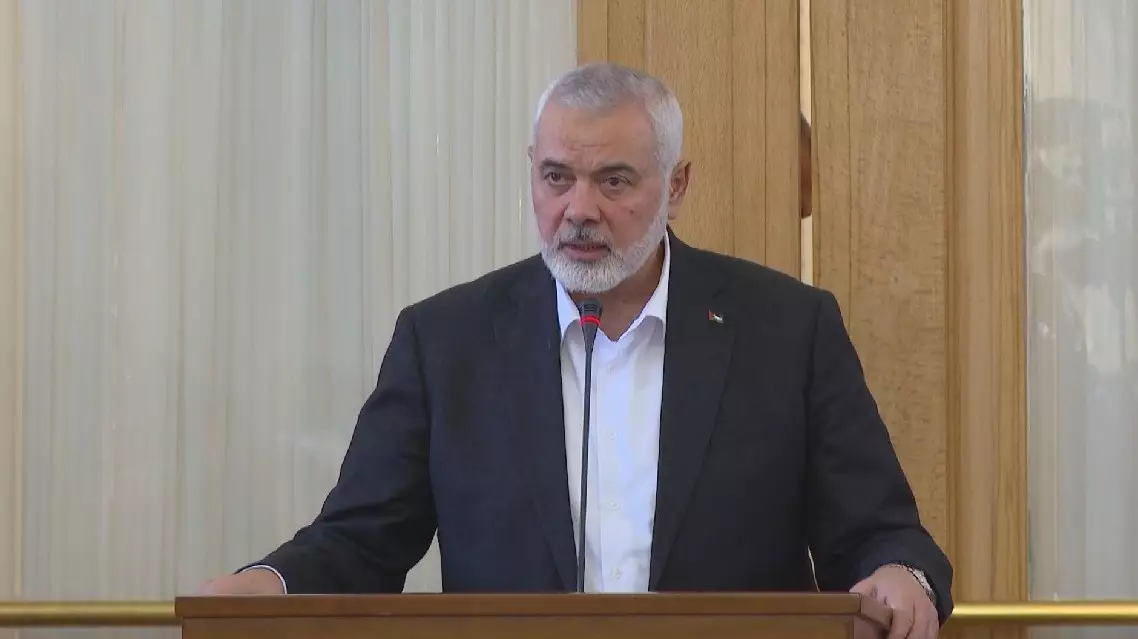
Iran confirms Hamas leader's assassination in Tehran
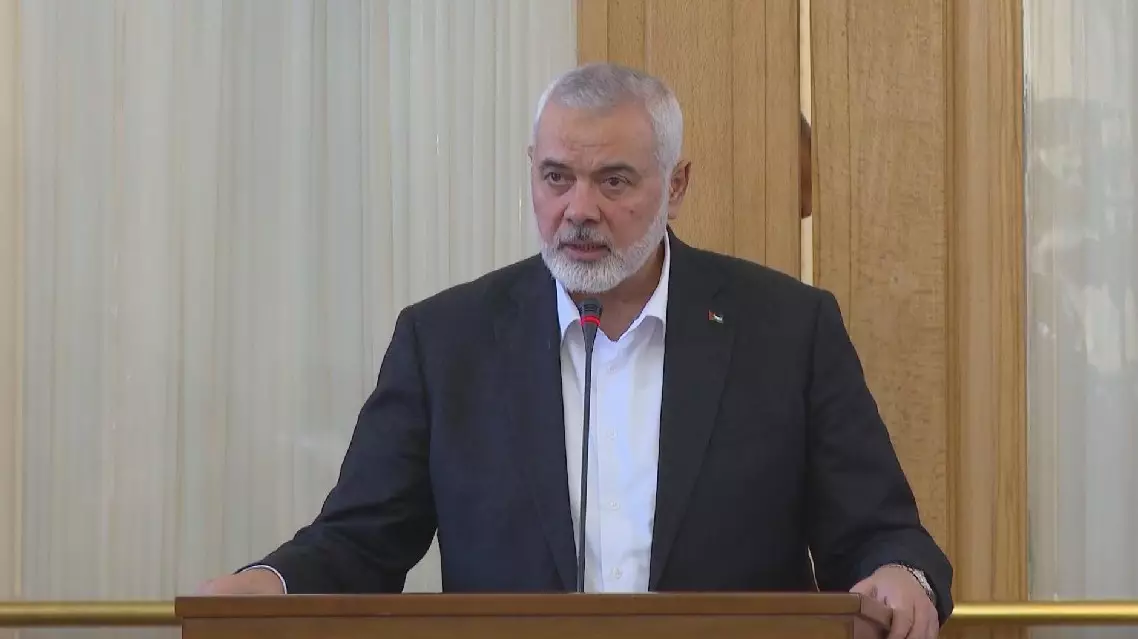
Iran confirms Hamas leader's assassination in Tehran
Chinese President Xi Jinping has a deep connection with Latin America, having visited the region multiple times and contributing to the strengthening of ties between China and the continent.
Xi is en route to Peru to attend the 31st APEC Economic Leaders' Meeting in Lima and for a state visit. After the Peru trip, he is scheduled to fly to Brazil for the 19th G20 Summit in Rio de Janeiro and a state visit to the country.
Since becoming the Chinese head of state, Xi has flown to Latin America five times and visited 11 countries in the region. There, he met with state leaders, witnessed the signing of cooperation deals, visited local farms, sipped Costa Rican coffee and was gifted an Argentine soccer jersey with his name on it.
Back in 2013, Xi along with his wife Peng Liyuan visited the home of a coffee grower named Marco Zamora during his state visit to Costa Rica.
The Zamora family warmly welcomed their Chinese guests with fresh fruits, homemade desserts and coffee.
While chatting with the 77-year-old patriarch, Xi shared his impression of Costa Rica and its people, praising their simplicity, strong work ethic, and wisdom of the Costa Rican people.
"I came here with the hope of seeing how our people are living. I once worked at the grassroots level. I was a farmer for seven years," Xi said.
Zamora expressed his hope that Chinese consumers will enjoy coffee his family produces.
During Xi's visit, China and Costa Rica signed a number of agricultural trade agreements, paving the way for more high-quality Costa Rican products to enter the Chinese market.
A decade later, Costa Rican specialty coffee has established a strong foothold in China, benefiting more coffee farmers along the way.
In Ecuador, a man who was pulled alive from the rubble of the devastating 2016 earthquake thanks to the China-aided ECU-911 emergency system still vividly remembers his meeting with Xi at the emergency response service's headquarters, where he expressed his gratitude to the Chinese government in person.
On April 16, 2016, a 7.8-magnitude earthquake struck Ecuador, leaving Pablo Cordova trapped under the debris. In desperation, he called for help through ECU-911, a China-assisted emergency response service, and was rescued.
Later, Cordova secured a job with ECU-911, the very system that had saved his life.
On Nov 17, 2016, Xi arrived in Quito, capital of Ecuador for a state visit. On the next day, Xi visited the ECU-911 headquarters, where he met with Cordova. Xi offered words of encouragement and showed concern for Cordova's recovery.
"We've heard what happened to him. Your tenacious fight against the disaster is a reflection of the spirit of the Ecuadorian people. I believe you will excel in your career," Xi said.
Addressing the China-Latin American and Caribbean Countries Leaders' Meeting in Brazil in 2014, Xi proposed that China and Latin America and the Caribbean build a community with a shared future, charting the course for the development of China-Latin America relations in the new era.
Over the years, Xi has on many occasions reiterated China's willingness to work with the region to advance Belt and Road cooperation and to deepen and consolidate cooperation between the two sides.
Chancay, a natural deep-water port located 78 km north of Lima, is a flagship Belt and Road project. Once in operation, it will become a major gateway to the oceans and a crucial hub in the South Pacific, helping redistribute cargo from countries such as Chile, Ecuador, Colombia, Brazil, and Paraguay. Moreover, the sea freight time from South America to Asia will be reduced by half, from 45 days to 23.
The port is expected to boost trade and connectivity within and beyond the continent.
Over the past decade, China and Latin America have strengthened their partners under the Belt and Road Initiative (BRI).
So far, 22 countries in the region have signed BRI cooperation documents with China. Joint projects, including the Belo Monte Hydropower Plant ultra-high-voltage transmission line in Brazil, Argentina's Belgrano Cargas railway and the Jamaica North-South Highway, have delivered tangible results.
China is now Latin America's second-largest trading partner and the top trading partner for Brazil, Chile, and Peru, reflecting their deepening economic ties.
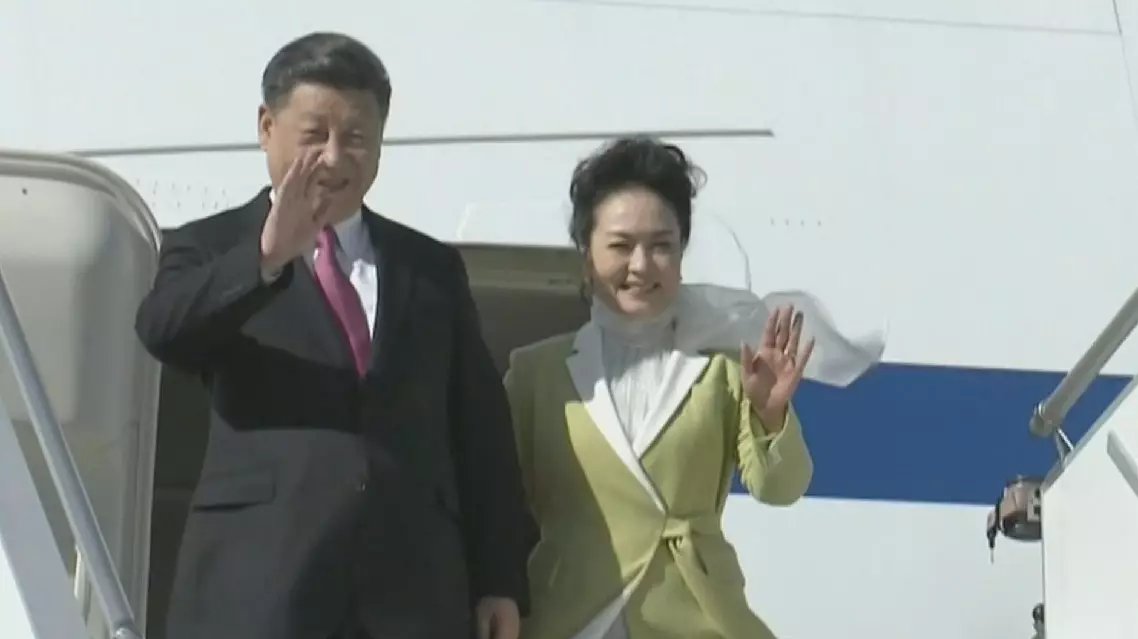
Xi deepens China-Latin America ties through visits







